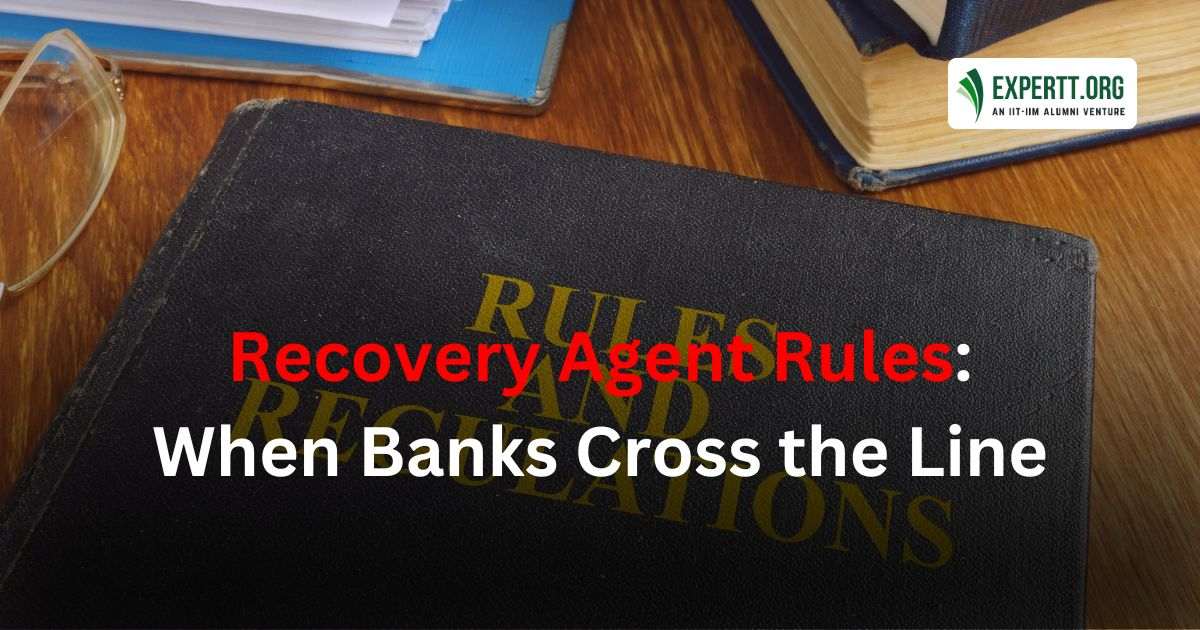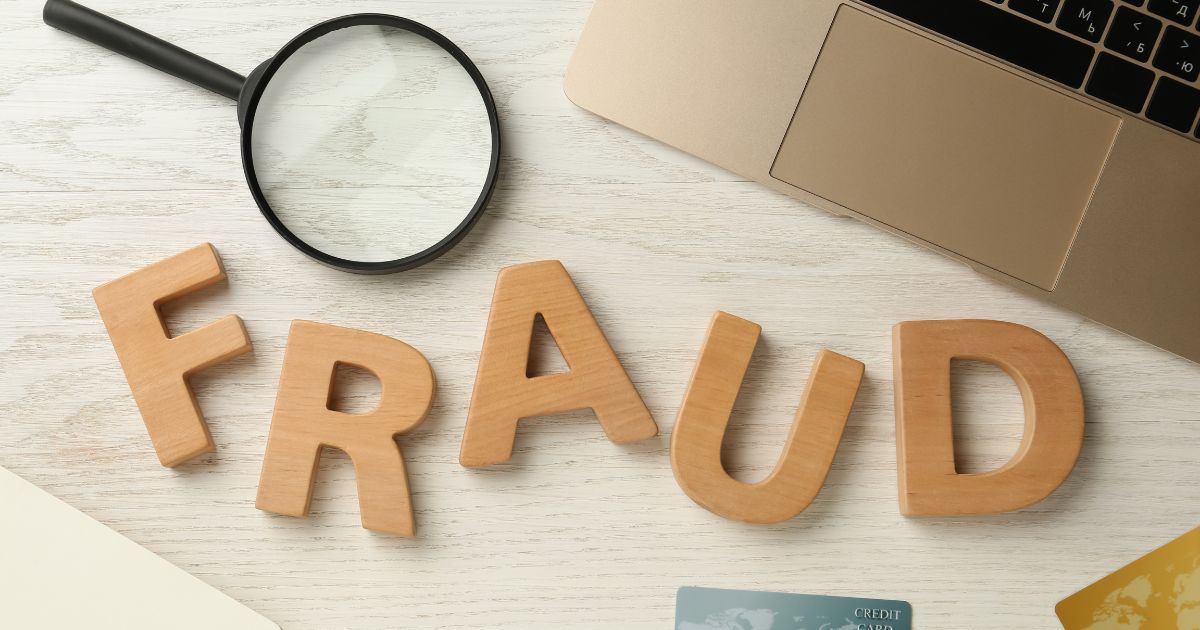· RBI Guidelines · 3 min read
Recovery Agent Rules: When Banks Cross the Line
he RBI’s fine on HDFC Bank for recovery agent misconduct highlights the importance of knowing your rights. Discover the rules, your protections, and how to manage debt responsibly to safeguard your peace and financial well-being.

Why Should You Care About the RBI’s Penalty on HDFC Bank?
The Reserve Bank of India (RBI) slapped a Rs 1-crore fine on HDFC Bank. Why? Because the bank’s recovery agents broke some important rules. This news might seem far removed from our daily lives, but it actually affects all of us who use banks. Let’s break down what happened and why it matters.
What Exactly Did HDFC Bank Do Wrong?
HDFC Bank’s recovery agents were caught contacting customers at odd hours — after 7 pm and before 7 am. This might not sound like a big deal, but it’s actually against RBI guidelines. These rules are in place to protect customers from harassment and to ensure that even if we owe money, we’re treated with respect.
Are There Really Rules for How Banks Can Collect Debts?
You bet there are! The RBI has set out clear guidelines for how banks and their agents should behave when trying to collect debts. Here are some key points:
Recovery agents must be polite and respectful.
They can only contact you between 7 am and 7 pm.
They must respect your privacy and not discuss your debt with others.
Agents need to show proper ID before talking about your loan.
What Rights Do You Have When Dealing with Recovery Agents?
Knowing your rights is crucial. If a recovery agent contacts you, you can:
Ask to see their ID and verify it.
Refuse to discuss your debt in public.
Report any harassment or threats to the bank and the RBI.
Request that they only contact you during allowed hours.
What Should You Do If You’re Struggling to Pay a Loan?
If you’re having trouble paying back a loan, don’t panic. There are steps you can take:
Talk to your bank openly about your financial situation.
Ask about restructuring your loan for easier repayment.
Consider a one-time settlement if you can’t pay the full amount.
Remember, it’s better to communicate with your bank than to avoid the problem.
How Does This Affect the General Public?
This issue isn’t just about one bank or a few customers. It highlights the importance of fair treatment and practices for all bank customers. When banks are held accountable for their actions, it creates a safer and more trustworthy banking environment for everyone.
Where Can You Learn More About Your Financial Rights?
In today’s digital age, there are many ways to boost your financial knowledge:
Check out the RBI’s official website for consumer education materials.
Use reputable financial education apps and websites.
Follow trusted financial experts on social media for tips and updates.
Join online forums or communities focused on personal finance.
What’s the Bottom Line?
The RBI’s penalty on HDFC Bank serves as a reminder that banks must follow rules to protect customers. As consumers, we have rights, and it’s important to know and assert them. By staying informed and aware, we can ensure that our financial dealings are fair and respectful, even when we face challenges.
Conclusion
Remember, financial literacy is your strongest defense against unfair practices by recovery agents. Stay informed, keep learning, and never hesitate to assert your rights. If you face harassment or privacy violations, speak up confidently. Protecting your financial well-being is essential—knowledge is your power. Empower yourself to stand strong, safeguard your peace, and ensure your rights remain respected.

.DF1NBPrL.jpg)

